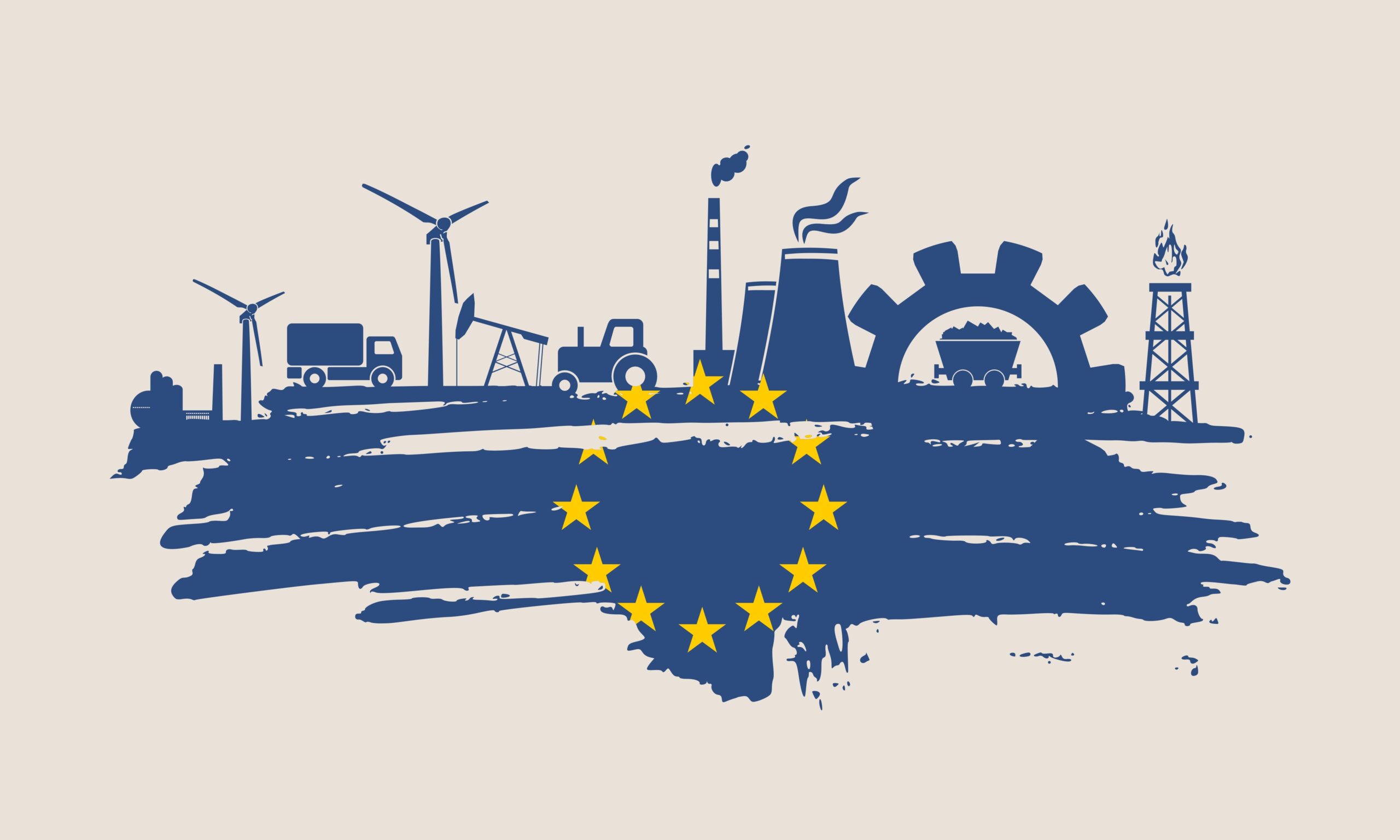The energy crisis sparked by Russia’s war in Ukraine continues to loom large over European economies, businesses, and consumers. Europe’s high energy prices have fuelled an 8.5% annual inflation rate in the euro area. In Italy, the cost of living increased by 10.9%.
These punishing price hikes are not only hurting consumers. They also impact energy-hungry companies, like the mozzarella-making factory Gruppo Francia on the outskirts of Rome.
We have 250 employees in our two plants,” Massimo Panagia, Chief Executive Officer at Gruppo Francia Latticini told Euronews. “We produce 20 million kilos of cheese in different formats and specialities.”
The CEO explained that his energy bills in 2022 were three times higher than the previous year. While investments in biogas and solar panels managed to partly reduce these costs, they still weigh heavily on companies like his.
Europe’s top consuming industries
Together, these 5 industries account for over 70% of the sector’s total energy use in Europe.
Are EU measures to tackle the energy crisis proving effective?
Global energy market volatility and soaring prices have prompted the European Commission to introduce measures aimed at easing the burden for EU households and companies who are struggling to make ends meet.
To support the EU’s economy after Russia’s invasion of Ukraine, the European Commission adopted the State Aid Temporary Crisis Framework, in March 2022.It allows Member States to grant limited amounts of aid to companies affected by the war or the sanctions, offer liquidity support for businesses and compensate for the high energy prices experienced by companies.
In Italy, more than €50 billion worth of state aid has been approved by Brussels, including tax credits.
“Given the energy bill, every company could calculate 30% of this amount, and use this 30% as credit to compensate in the following months with the tax to be paid to the government,” Massimo Panagia revealed. “This mechanism, unfortunately, didn’t work that well on the short-term cash flow.”
This feeling is shared by Mauro Savoia, the manager of a family-owned automotive repair shop in Rome. After seeing his energy bills double in one year, he also benefited from a tax credit but says more should be done to help small businesses.
“There was no financial relief of any kind,” said Mauro Savoia, owner and general manager of Autopozzi Savoia. “We expected at least some economic aid or grants to help companies at the end of the year.”
Assessing and rethinking Europe’s energy system
The war in Ukraine has highlighted the need of rethinking energy supplies, energy consumption, and energy output.
“Over the last months, energy prices have been decreasing sharply across Europe. So families will, in the coming weeks and months, see lower energy bills. But those energy bills will still be two times, three times higher than what we used to see in the past,” explained energy expert Simone Tagliapietra, who is a Senior fellow at Bruegel think tank in Brussels.
Despite the benefits that the EU’s Temporary Crisis Framework can bring to companies struggling to stay afloat amid exorbitant energy bills, some experts have raised concerns that it could lead to market distortion.
“During times of crisis, one of the typical responses of Europe is to loosen a bit these state aid rules. The problem is that when you loosen and when you water down the competition policies in Europe, the state aid rules, for example, typically the ones benefiting the most are the two biggest countries, Germany and France, which are the ones, namely Germany, that have the fiscal space, so-called, the money to spend to subsidize their companies more than others,” Tagliapietra explained.












